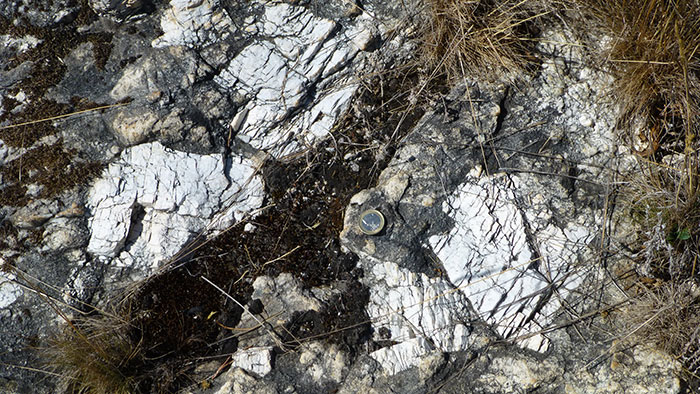Portugal’s long-awaited auction of licenses to explore for lithium may have to wait until next year as the country faces some hurdles implementing a new mining law that grants municipalities more say in mining projects.
The new set of mining rules, approved last October but only effective earlier this month, give local authorities the right to veto lithium projects and to 50% of the royalties paid to the state.
The new law also calls for environmental impact studies in eight lithium-rich areas in northern and central Portugal, where opposition to mining runs high. Those studies, yet to begin, are expected to take at least six months, Portugal’s the environment ministry said on Thursday.
The licences auction, initially planned for 2018, has been delayed multiple time due to worries over the environmental impact mining could cause.
Advocates of Portugal’s hoped-for lithium boom argue that local disruption is a small price to pay for tackling the world’s climate crisis. They point out that innovations such as solar energy parks, hydroelectric plants and windfarms, while contributing to lowering CO2 emissions in the long term, all have some impact on local populations.

Samples of lithium bearing pegmatite from Savannah Resources’ Mina do Barroso project in Portugal. Credit: Savannah Resources.
Savannah Resources (LSE: SAV), one of the very few companies already present in the European nation, highlighted in a presentation last year, that its Mina do Barroso project would contribute to enough battery packs to prevent the emission of 100 million tonnes of carbon dioxide.
The multi-commodity developer, which is listed on the AIM, the London Stock Exchange’s international market for smaller firms, acquired a 75% interest in the project in May 2017.
Since then, Savannah has maintained a fast-paced development approach as part of its plan to become Europe’s most significant producer of spodumene lithium.
The company estimates its mine would contribute more than 1.2 billion euros (US$1.44 billion) to Portugal’s gross domestic product. It recently also said Mina de Barroso’s may cost less to build than originally estimated.
Portugal, already Europe’s top lithium producer, accounts for about 11% of the global market, but its output is entirely used to make ceramics and glassware. That’s why Europe relies on lithium imports from Latin America’s “Lithium Triangle,” as well from Australia and China.
The country hopes to soon change that, becoming a significant supplier of lithium in Europe. A study by the Portuguese University of Minho, conducted for Savannah Resources, found that the nation’s 60,000 tonnes of known lithium reserves (0,4% of the world’s reserves) are “insufficient to meet the demand for lithium derivatives for the production of batteries in Europe,”Euronews reported.
The study, however, also says those reserves “are very relevant in reducing Europe’s dependence on other regions of the globe and increasing the security of Europe’s supply chain.”
Electrifying transport has become a top priority in the move to a lower-carbon future. In Europe, car travel accounts for around 12% of all the continent’s carbon emissions. To keep in line with the Paris agreement, emissions from cars and vans will need to drop by more than a third (37.5%) by 2030.


Be the first to comment on "Portugal may delay auction for lithium licenses to 2022"